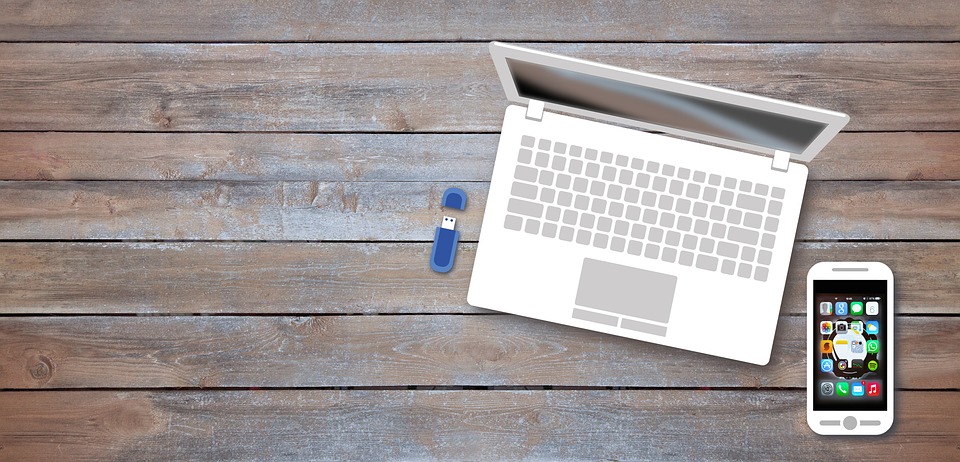How Coca-Cola’s Share a Coke Campaign Became A Viral Sensation
Coca-Cola’s Share a Coke campaign has become a viral sensation since its inception in 2011. The soft drink company wanted to reignite consumer interest in its product, and they knew exactly how to do that – by customizing the labels on Coke bottles and cans to feature the most popular names in the country. This campaign not only increased their sales but also created a major buzz on social media.
Here’s how Coca-Cola’s Share a Coke campaign became a viral sensation:
1. Customized bottles and cans
The Share a Coke campaign involved Coca-Cola printing people’s names on bottles and cans, making personalized drinks for their customers. This was an instant hit, as consumers were thrilled to see their names or their friends’ names on Coke bottles, and they wanted to share this excitement with their social media circle. The personalisation accompanied by the brand value of Coca-Cola made people feel special, increasing customer loyalty, and creating a win-win situation for both the brand and the consumer.
2. Social media marketing
Coca-Cola pulled off one of the most successful social media marketing campaigns with Share a Coke. They encouraged consumers to find their named bottles, take a picture with it, and share it on social media with the hashtag #ShareaCoke, making everyone part of the campaign. This made the campaign go viral, as people started sharing their personalised Coke bottles with their friends and family, showing off their names and associating themselves with the brand. This campaign was so effective that 500,000 photos were uploaded on social media in just the first year of the campaign, which created a massive marketing buzz.
3. Emotional connect and nostalgia
The customised bottles created an emotional bond between consumers and the brand. The idea of having a personalized Coke bottle created nostalgia for many people, who remember drinking Coke with their own unique bottle designs as a child. It created a sense of fun, memories, and shared experiences and made consumers feel like part of a community. The personalisation also made it easier for people to connect with others, bridging the gap of the digital age, and making the world a little smaller.
4. Cross-cultural appeal
The Share a Coke campaign was launched first in Australia and then spread globally, becoming one of the most successful cross-cultural campaigns ever run. This is because the idea of personalisation is universal and appeals to people across cultures. Coca-Cola tailored this campaign to each country where it launched, featuring local names that were popular in that country, making it resonate within local communities. By creating a sense of belongingness, Coca-Cola became a household commodity, thereby increasing sales.
Conclusion
Coke’s Share a Coke campaign was one of the most successful marketing campaigns in the 21st century, and it continues to appeal to people worldwide. The personalised bottles, the emotional connect it created, the nostalgia factor, and the social media marketing made it a complete package. The Share a Coke campaign showed that people not only buy products but also buy experiences, and this is what every brand should aim for in their marketing campaigns.
FAQs
1. What was the Share a Coke campaign?
The Share a Coke campaign involved Coca-Cola printing people’s names on bottles and cans, making personalised drinks for their consumer
2. How did social media play a role in the Share a Coke campaign?
Coca-Cola encouraged consumers to take pictures with their personalised Coke bottles and share it on social media with the hashtag #ShareaCoke, making everyone part of the campaign.
3. Why did the Share a Coke campaign become a viral sensation?
The personalised bottles, emotional connect, nostalgia factor, and social media marketing made it a complete package, and the campaign resonated with people worldwide.
4. In which country was the Share a Coke campaign first launched?
The campaign was first launched in Australia in 2011.
5. Why is the Share a Coke campaign considered a cross-cultural campaign?
The idea of personalisation is universal and appeals to people across cultures. Coca-Cola tailored this campaign to each country where it launched, featuring local names that were popular in that country, making it resonate within local communities.






